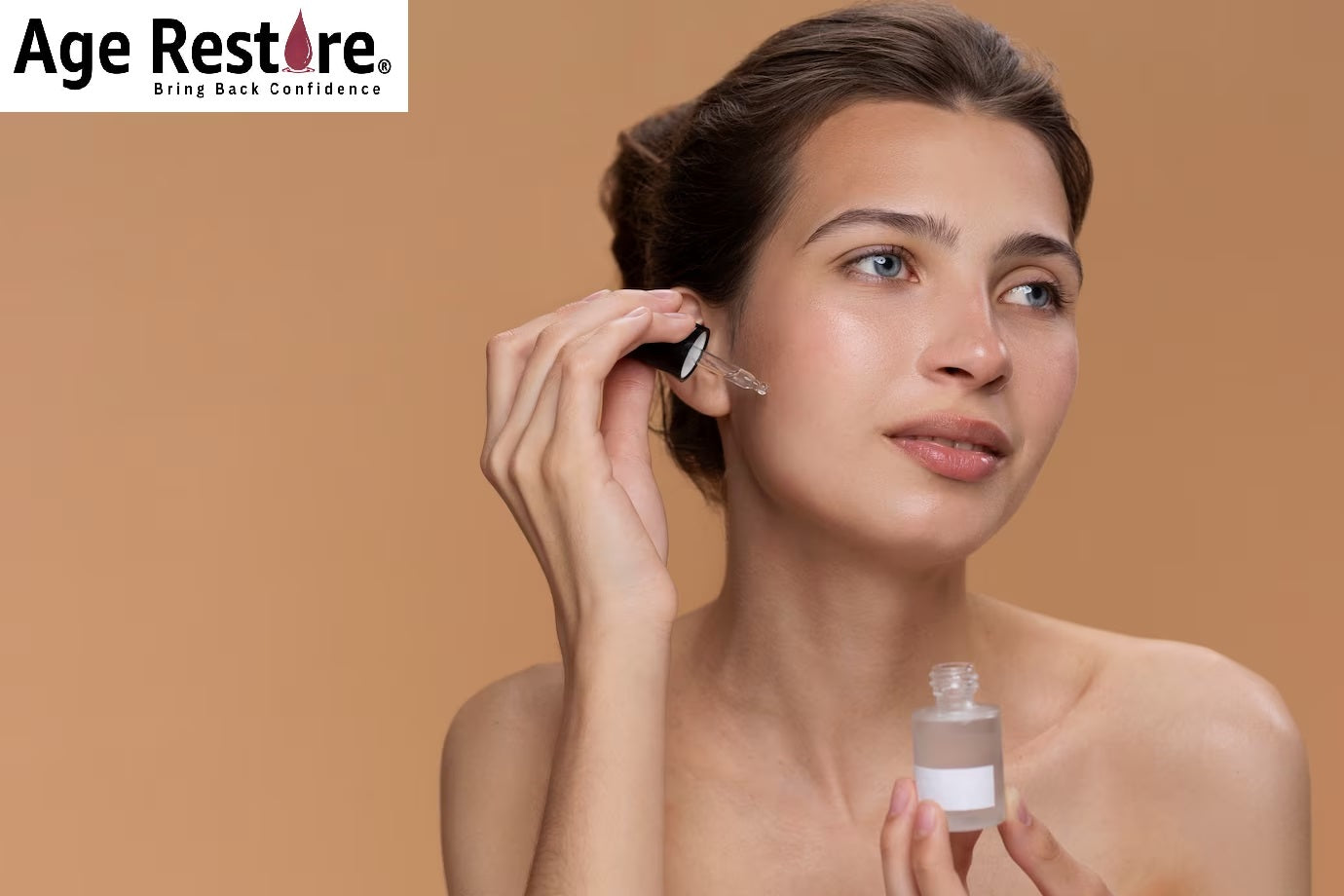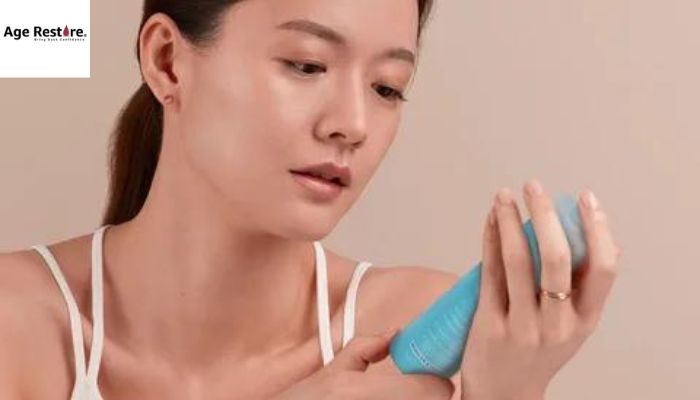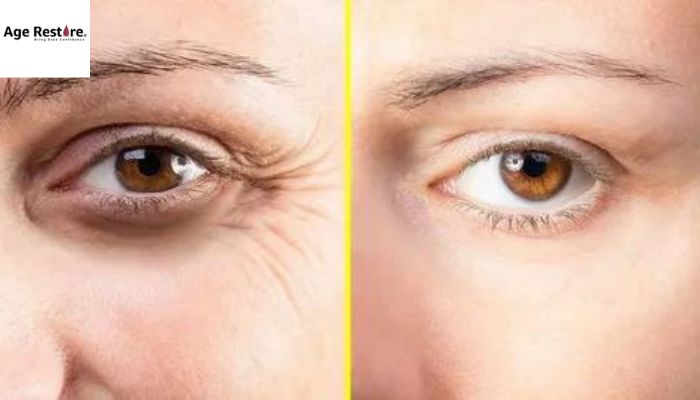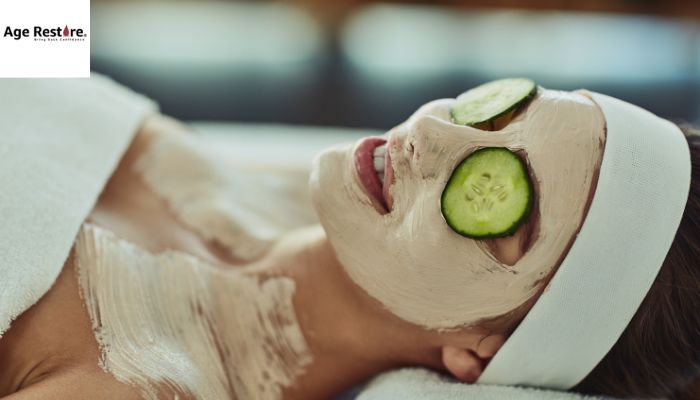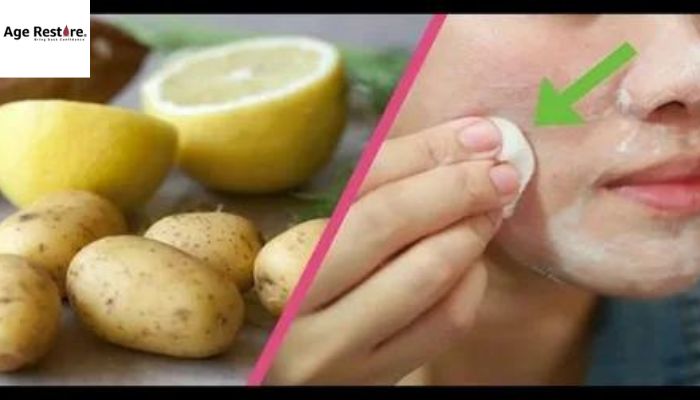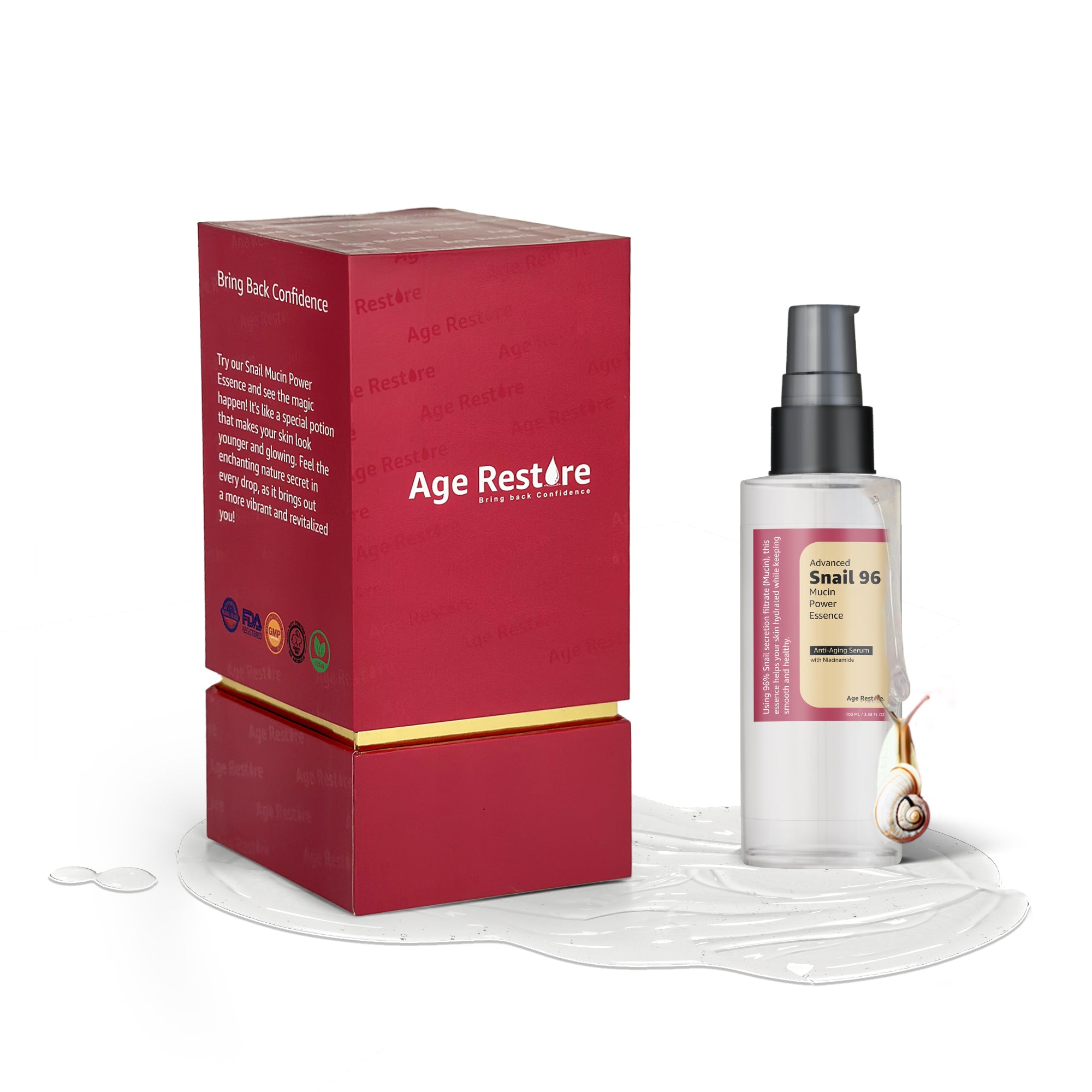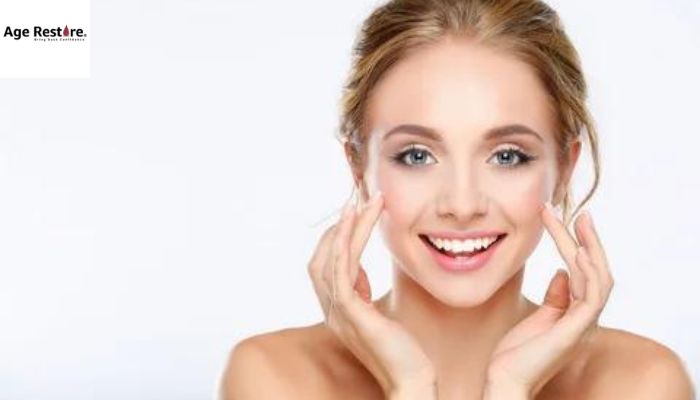
Is Your Skin As Healthy As It Can Be?
If You Still Need to Get Healthy Skin... Healthy skin may seem out of reach, but it can become more realistic with proper care. Focusing on making good lifestyle decisions, creating an effective skincare routine, and eliminating things that cause short and long-term disruption is necessary to reach it. We Are Here to Help
Your skin is an indispensable organ of life and should be respected as such. Though it might not help with breathing or blood flow, your skin provides essential protection for every part of your body - including internal organs such as your heart. Not only does it regulate body temperature and keep internal organs safe from harmful germs and infection from entering, but it also keeps vital fluids inside as well as keeping out potential threats like germs, viruses, and infection from entering.
As stated, important material.
What steps can you take to protect this vital organ and ensure it performs as it should and looks its absolute best?
Here, we provide our five essential tips for healthy skin…
5 Ways To Improve The Health Of Your Skin
1. Clean Up Your Skin
To Maintain Good Skin Health, you must maintain a regular cleansing routine to remove oil, dirt, sweat, and environmental pollutants from the surface of your skin.
Choose a gentle formulation free from parabens and sulfates when selecting your cleanser, whether water-based, oil-based, cream, lotion, or micellar water, to avoid stripping your skin of essential oils. All our cleansers are dermatologist-tested without harmful nasties - including our NEW Tea Tree Super Cleanser which offers crisp freshness while effectively removing impurities without leaving tight or dryness behind.
Cleanse your skin morning and night to remove surface debris, while avoiding using scorching hot water which is just as drying to your skin as chemical-laden cleansing products. Use gentle massage strokes all over - including the neck area - with light pressure before gently patting dry with a clean towel (rather than using hand towels in bathrooms as they tend to be overloaded with bacteria).
As part of overall hygiene, it's also crucial that everything that touches your face remains spotlessly clean. This means laundering bed linens weekly (more frequently for pillowcases), cleaning makeup brushes and smartphones more regularly than you already are, as well as regularly washing hands more than you're currently doing - this will all keep bacteria at bay, helping reduce breakouts and other skin conditions.
2. Increase Nutritional Food
To truly achieve healthy skin, one must begin from within; looking after it externally won't do. Therefore, nutritional food plays a key role. You must carefully consider what you eat to support its benefits for the skin.
Make sure that your diet includes plenty of fresh fruit and veggies for daily doses of antioxidants, vitamins, and minerals that nourish skin health. Omega-3 fatty acids also offer many skin benefits such as helping regulate sebum production while improving fatty acid composition in the skin and thus can be used to help alleviate irritation, dryness, and dehydration.
Though antioxidants and minerals like selenium, zinc, and lutein may provide great skin protection, reduce inflammation, and aid healing, additional supplements such as selenium, zinc, and lutein may also be essential components of an ideal diet.
As a rule of thumb, it's wise to steer clear of processed meats, sugary drinks, fast food, and excess sodium; replace these foods with fruits, veggies, oily fish, olive oil, nuts, poultry, and pulses instead.
Studies have also demonstrated that cutting down your calories may also help slow the rate at which skin ages - so there's that…
3. Drink Less Wine
While one or two glasses of wine/hard seltzer are fine, excessive alcohol can wreak havoc on your skin's health.
Alcohol expands blood vessels and inflames tissue, leading to temporary reddening of your skin. If you continue drinking hard stuff over time, however, this could result in permanent facial redness that won't go away on its own.
Booze dehydrates the skin, leading to dehydration and eventually fine lines and wrinkles. Furthermore, drinking causes your sebaceous glands to overwork resulting in an oilier complexion as well as more frequent breakouts.
Our advice? To drink less often and less alcohol altogether. Furthermore, clearer is always better; so if you want a drink without sugar (no shame in that!) mix clear spirits like vodka, gin, or tequila with soda water (zero sugar!) and add a squeeze of lime for maximum benefits.
4. Take Care With Your Skin Barrier Function
Your skin has three main layers, the subcutaneous (deep down at the very bottom), dermis (which contains blood vessels, nerves, sweat glands, and oil glands), and epidermis which is visible above ground level.
At the very top of your epidermis lies what's known as the stratum corneum, composed of around 20 layers of cells arranged like brick walls with keratin as its core material held together by ceramides, cholesterol, and fatty acids. Together with the natural moisturizing factor (NMF), this layer serves as your body's first line of defense against external threats - this function is commonly referred to as its barrier function.
Your barrier function is crucial for maintaining healthy skin because it works tirelessly to keep all the good stuff in and keep out all the bad stuff. In good shape, your barrier function keeps your skin soft, supple, moisturized, and free from irritations such as dryness or sensitivities.
Everybody's barrier function differs and one of the primary causes of sensitive skin. If this describes you, take it as an indicator that your barrier function has become compromised; but don't panic; there are plenty of strategies available to strengthen and support it to improve overall skin health.
Harsh cleansers should be avoided (see above), as well as over-exfoliation and showering or bathing in extremely hot water.
Moisturizers are essential components of skin health. Moisturizers help seal in moisture, balance sebum production, and keep barrier function functioning at its optimal best. Use one after every cleanse (including body scrubs! ) and try applying to damp skin to further increase hydration - we love Vitamin C Brightening Moisturizer in the morning and Vitamin C Deep Hydration Night Cream before bed!
5. Say NO To Stress, Smoking & The Sun
Three things that have the greatest negative impact on skin health? Stress, smoking, and exposure to UV radiation.
Stress can wreak havoc on skin health by altering hormone balance, inflaming cells, and impairing barrier function - decreasing its ability to retain moisture and protect from potentially damaging irritants. Though stress management may seem insurmountable at times, breathing exercises, me-time, good sleep habits, and maintaining a balanced diet all help alleviate anxiety.
Smoking contains over 4,000 chemicals that attack both collagen and elastin production and blood vessel narrowing, thus cutting off access to essential oxygen-rich nutrients for your skin's well-being. Smokers must quit, so here are some tips from former smokers for how they managed their journey away from nicotine addiction.
And finally, the sun. Any skin expert will suggest wearing sunscreen as the key component in maintaining good skin health; direct sunlight causes premature skin aging while regular sunscreen usage has been shown to lower the risk of skin cancer by up to 50 percent - making sunscreen not just vital for protecting the health of skin cells but the wellbeing of an entire being.
Wear SPF 30 Mineral Sunscreen every morning without fail; that will bring us full circle.
Checkout Our Vitamin C Serum

